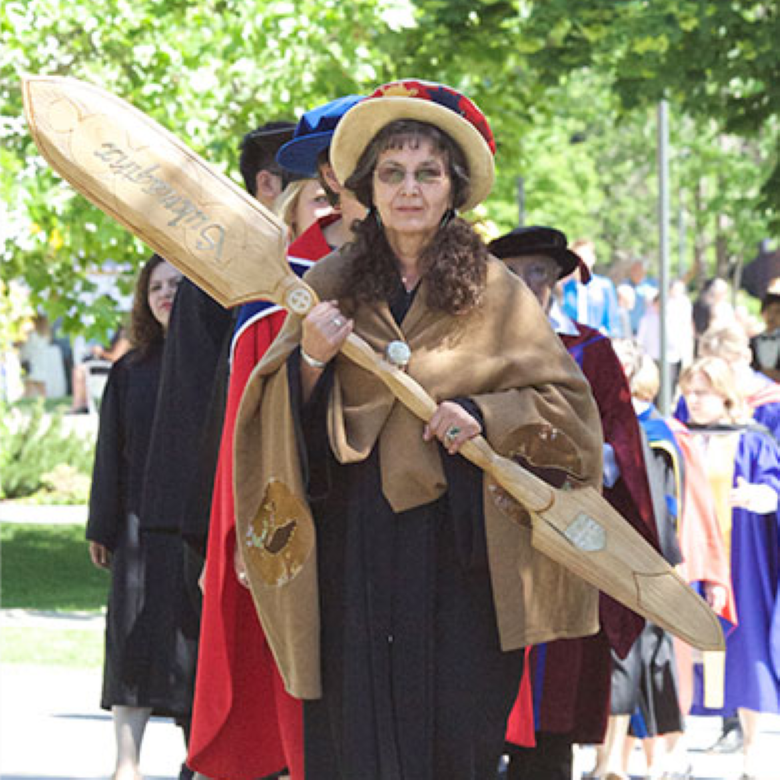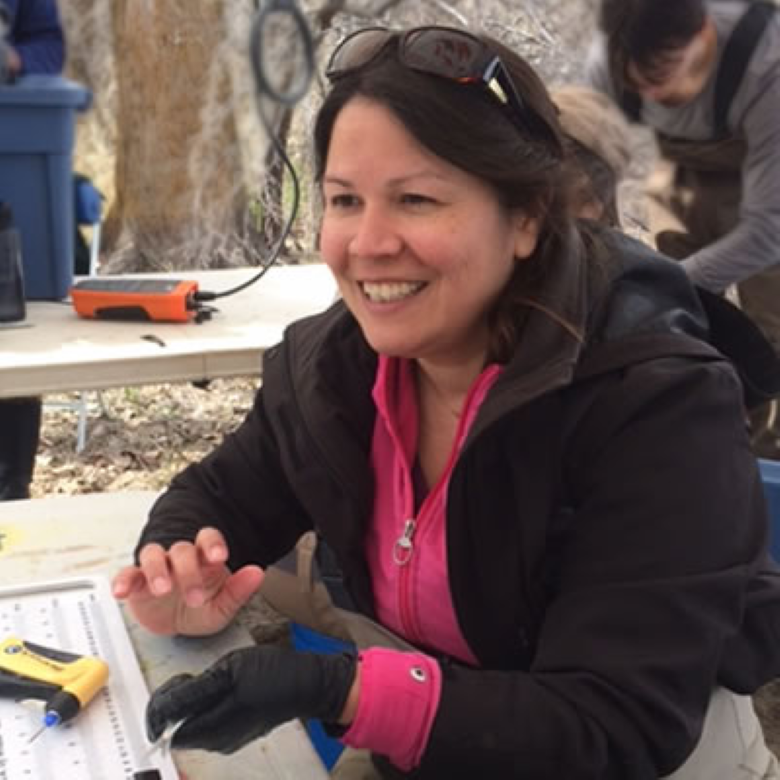Syilx Knowledge
Indigenous First Nation Communities of Westbank First Nation and the Penticton Indian Band part of the Okanagan Nation Alliance are the unceded title holders of the selected research area. Historically, they have been excluded from governance and decision-making in watershed management.
As a result of recent supreme court decisions, consultation and accommodation their interests is required. Inclusion includes collaborations that allows for their values, their knowledge to be an active part of solution seeking toward better governance.
Risk assessment of cumulative effects and other stressors on Indigenous Syilx values would require research that includes the Westbank First Nation and Penticton Indian Band Natural Resources departments and with Syilx Traditional Ecological Knowledge (TEK) Keepers which could inform the overall research objectives and questions.
We will engage in dialogue and planning to include those Indigenous First Nation Communities, in particular to ensure the ethics requirements of TCP 2-9 is adhered to any information sharing of TEK related to the research questions.
Four food chiefs
Before there were humans, there were the tmixw, the plant and animal people. kʷl’ncut’n told the tmixw that a new people were coming, and they would need help to survive, so the four food chiefs, skmxist (Black Bear), siyaʔ (Saskatoon Berry), sp̓iƛ̓m (Bitter Root), ntytyix (King Salmon) gathered all the tmixw to discuss how they would help the people to be.
Each of the four food chiefs decided that that they would offer their bodies as food, in return, the people to be would take responsibility for their actions and show respect to the tmixw.
This story is one of the captikʷł that serves as reminder of Syilx Okanagan laws and protocols that need to be followed for future generations to survive in harmony with the tmixw. It is key to syilx governance, the syilx people do not “manage” the tmixw , they manage their activities on the land.
“For me, the people in the water cluster really represent a diversity that’s needed, a diversity of voice. The cluster itself really represents a whole-system view, and a whole-system voice that would be a good model, I think, for the future.”
– Dr. Jeannette Armstrong, Syilx Knowledge
Syilx Knowledge Team
Contact the Syilx knowledge team
Please contact Dr. Jeannette Armstrong for questions related to this research:
250.807.8813
jeannette.armstrong@ubc.ca

